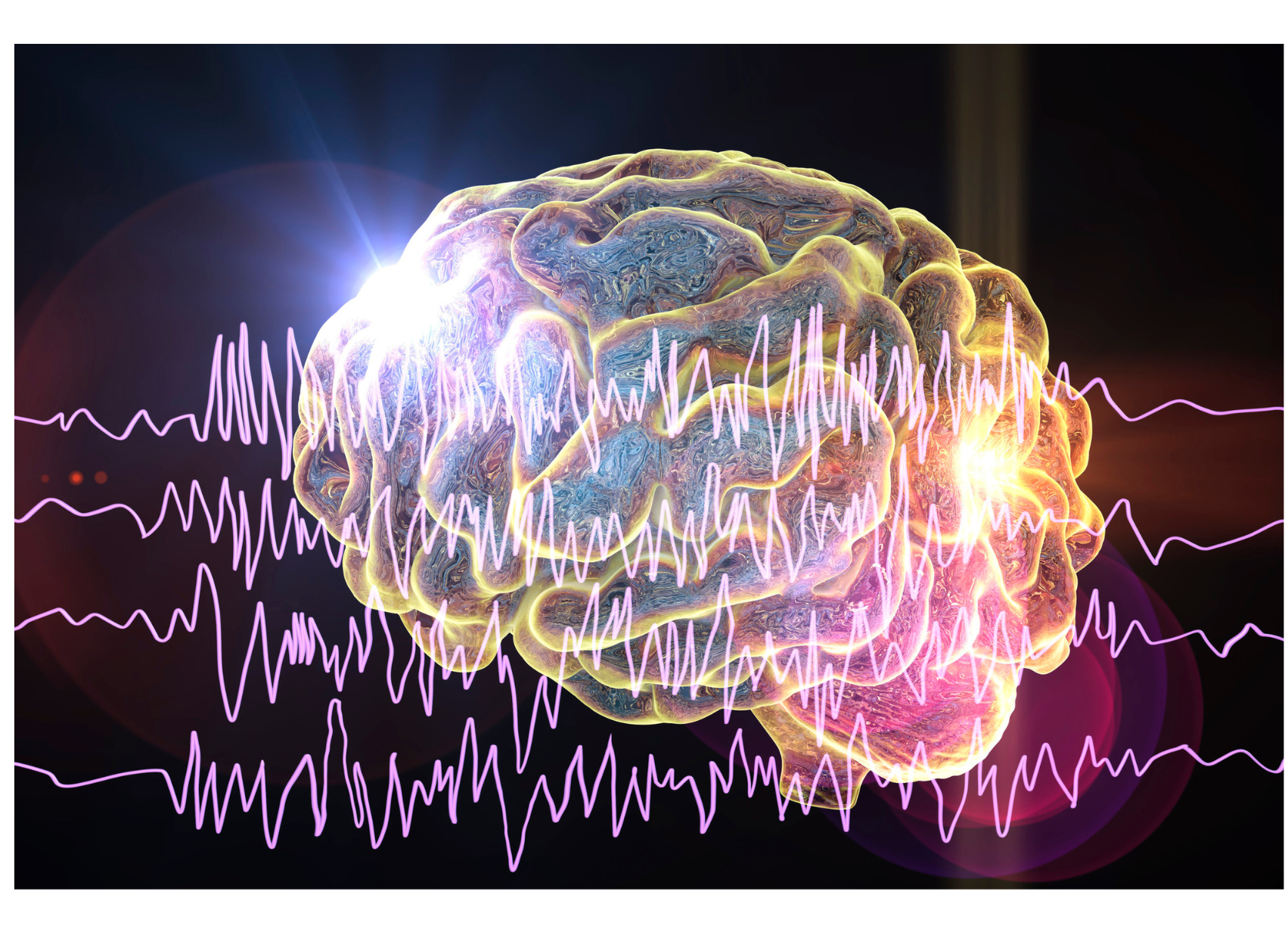Epilepsy

What is epilepsy?
Epilepsy is a neurological disorder that affects the brain's electrical activity, leading to seizures or convulsions. Seizures can range from mild to severe and may involve loss of consciousness, involuntary movements, or changes in behavior.
Who's at risk for epilepsy?
Epilepsy can affect people of all ages, races, and ethnicities, but it is more commonly diagnosed in children and older adults. People with a family history of epilepsy or other neurological conditions, as well as those who have experienced head injuries or brain infections, may be at higher risk.
What causes epilepsy?
The exact cause of epilepsy is unknown in many cases, but it is believed to be related to a combination of genetic, environmental, and neurological factors. Some people with epilepsy may have an underlying brain injury or abnormality, while others may have a history of seizures or other neurological conditions.
How does epilepsy start?
Epilepsy may start with a single seizure or a series of seizures, which may be triggered by factors such as stress, sleep deprivation, or exposure to certain substances or stimuli. Some people with epilepsy may experience an aura or warning sign before a seizure occurs.
What are the symptoms of epilepsy?
The symptoms of epilepsy may vary depending on the type and severity of the seizure, but may include:
- Loss of consciousness or awareness
- Involuntary movements or convulsions
- Changes in behavior or emotions
- Sensations such as tingling, numbness, or visual disturbances
- Confusion or disorientation
How is epilepsy diagnosed?
Diagnosing epilepsy involves a comprehensive evaluation of a person's symptoms, medical history, and physical exam, as well as imaging tests or electroencephalogram (EEG) to measure brain activity and confirm a diagnosis.
How can epilepsy be treated?
Treatment for epilepsy may involve a range of interventions, including:
- Medication, such as antiepileptic drugs, which may help control seizures and reduce the frequency and severity of symptoms
- Surgery, such as brain surgery or implantation of a vagus nerve stimulator, which may help manage seizures in some people with epilepsy
- Lifestyle modifications, such as avoiding triggers or practicing stress management techniques, which may help reduce the risk of seizures
What complications may occur with epilepsy?
If left untreated or poorly managed, epilepsy can lead to a range of complications, including:
- Injury or accidents related to seizures, such as falls or burns
- Developmental delays or cognitive issues, especially in children with epilepsy
- Psychological or emotional issues, such as anxiety or depression related to the impact of epilepsy on quality of life
How can I prevent epilepsy?
Preventing epilepsy is not always possible, but some strategies that may help reduce the risk of developing the condition include:
- Avoiding head injuries, such as those that may occur during sports or other high-risk activities
- Managing underlying conditions that may contribute to epilepsy, such as stroke or brain infections
- Taking medication as prescribed for other conditions, such as migraines or mental health disorders, which may reduce the risk of seizures
Long-term management of epilepsy
Managing epilepsy over the long term involves ongoing monitoring of symptoms, regular healthcare provider visits, and following a treatment plan as prescribed by a healthcare provider. It may also involve making lifestyle changes to manage symptoms and participating in ongoing therapy or support groups to manage underlying psychological or emotional issues.
What is recent research saying about epilepsy?
Recent research in epilepsy has focused on developing new treatments and therapies to improve outcomes and prevent complications. Some of the promising areas of research include:
- Gene therapy, which involves targeting specific genetic mutations or abnormalities that contribute to epilepsy
- Neurostimulation, such as deep brain stimulation or responsive neurostimulation, which may help manage seizures by targeting specific areas of the brain
- Personalized medicine, which involves using genetic and other diagnostic information to tailor treatment plans to individual patients
- Development of new medications or drug combinations, which may help manage seizures more effectively and with fewer side effects
Where can I go for more information on epilepsy?
If you or someone you know has been diagnosed with epilepsy, it is important to seek help from a healthcare provider who specializes in the treatment of the condition. The following organizations also provide information and resources on epilepsy:

